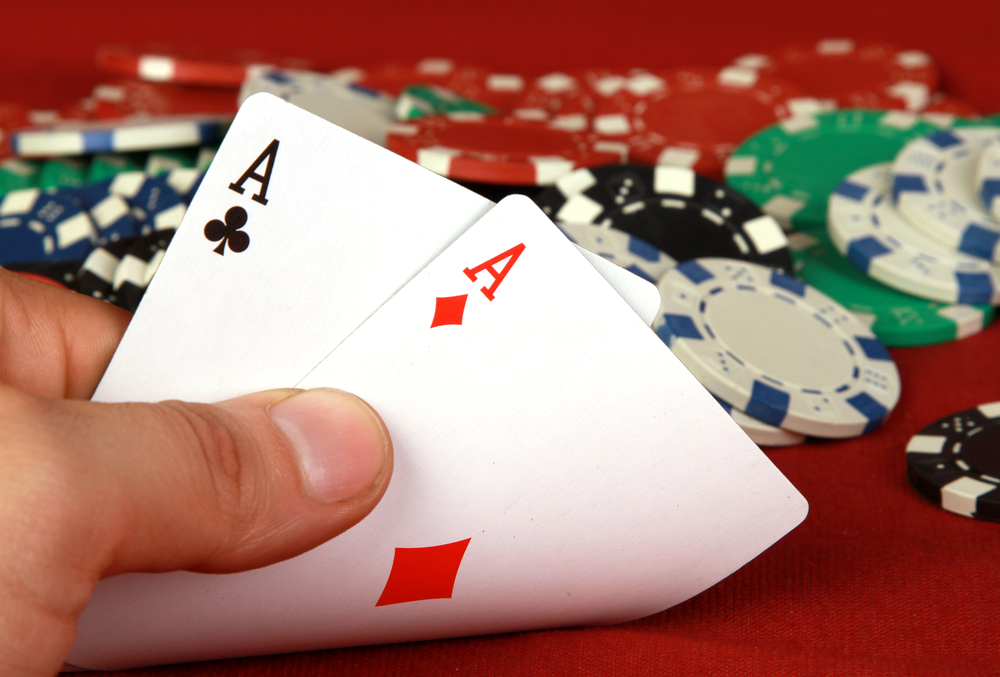
A “bluff” is manipulating opponent’s thoughts and strategies by expressing your fake motives and make them fold their good cards. When you have a strong hand, you limp to make your opponent believe that you have an inferior hand so that they invest more money into the pot. You play aggressive when you play with an average hand to make them lay down better cards.
Bluffing is a technique which may sound easy but its successful execution depends on observation, timing, and proper planning. As you need to create an impression that you have a great hand in order to encourage your opponent to act in your desired way and change their decision, it is crucial to develop a game plan. You can win pots even with junk hands but you need to carefully select the cards and your opponents before taking the risk.
Here are some valuable tips which can help you pull off a successful bluff on the game table:
Choose the Right Opponents
It is important to understand which type of opponent you are playing against before making your move. You need to observe the body language and the betting pattern of the opponents to evaluate their skills and experience and determine the strength of their in-hand cards. A calling station (a player who always calls) usually never fold his cards. A novice player will call your bluff without even giving a microsecond attention to your past records, bet size, etc. A passive player who regularly folds to aggressive bets is the perfect choice to pull off a bluff. Bluff only if you are up against maximum 2 players. If you run a bluff against more than 2 players, the chances increase that someone carries a hand good enough to call your bet.
Create a table image
Your table image helps you greatly in executing a bluff. If you are a tight player who plays very selective hands, your bluff will be respected on the table. But if you are a loose player who tends to play each and every hand, opponents will call your bet without a single thought. As a tight player folds very often, the chances of executing a successful bluff against him are very high. You can try to bluff him but if he calls or re-raises, it’s better to fold your cards if you don’t have a strong hand. The bluff simply won’t work against loose players as they enter the pot even with crappy hands.
Play the Position
Position plays an important role in contributing to the success of your bluff. If you are the last one to act, you can take better decisions by observing the action of your opponents. Your decision to bluff should always be based on the information you have about the opponents and their hand strength. You can also semi-bluff (betting with an incomplete hand with the expectation that it will improve in the future rounds) as per the situation on the tables.
Convincing opponents that you have a better hand than them is not an easy task. That is why it is important to learn the art of bluffing if you want to become a successful poker player.
